Back to Courses
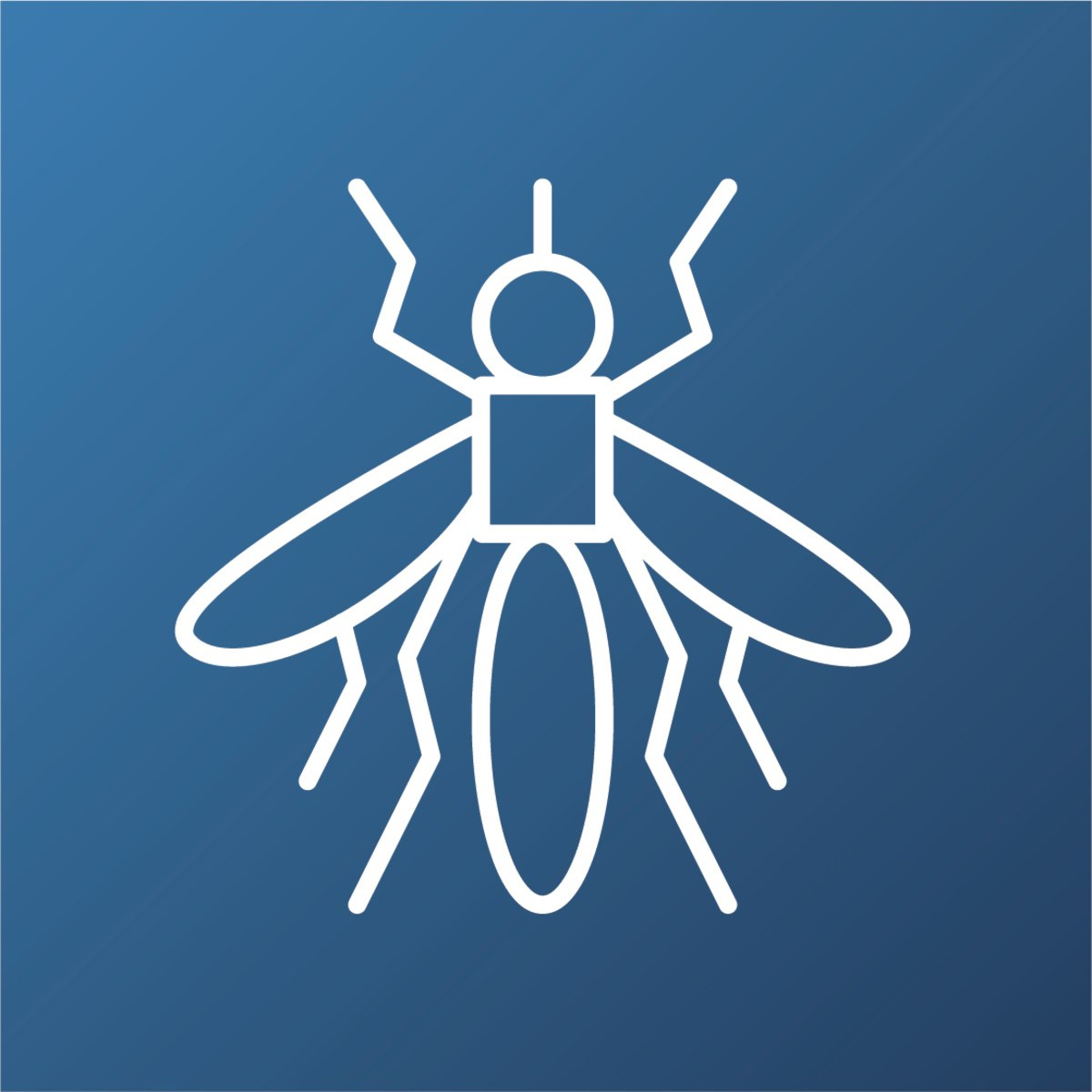

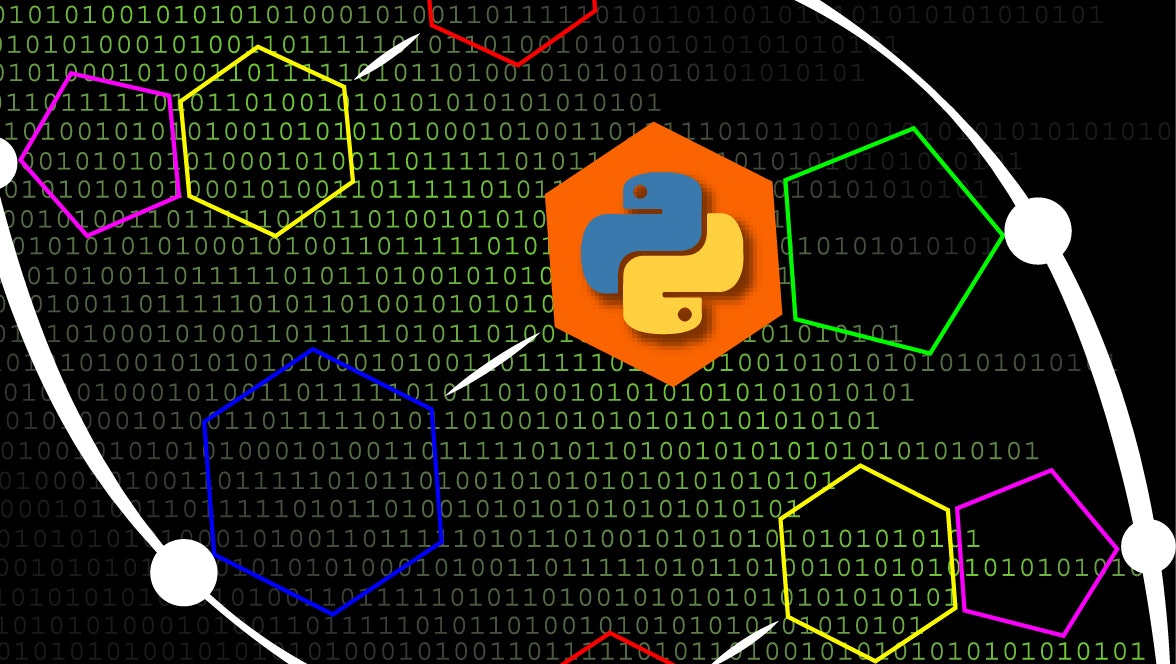
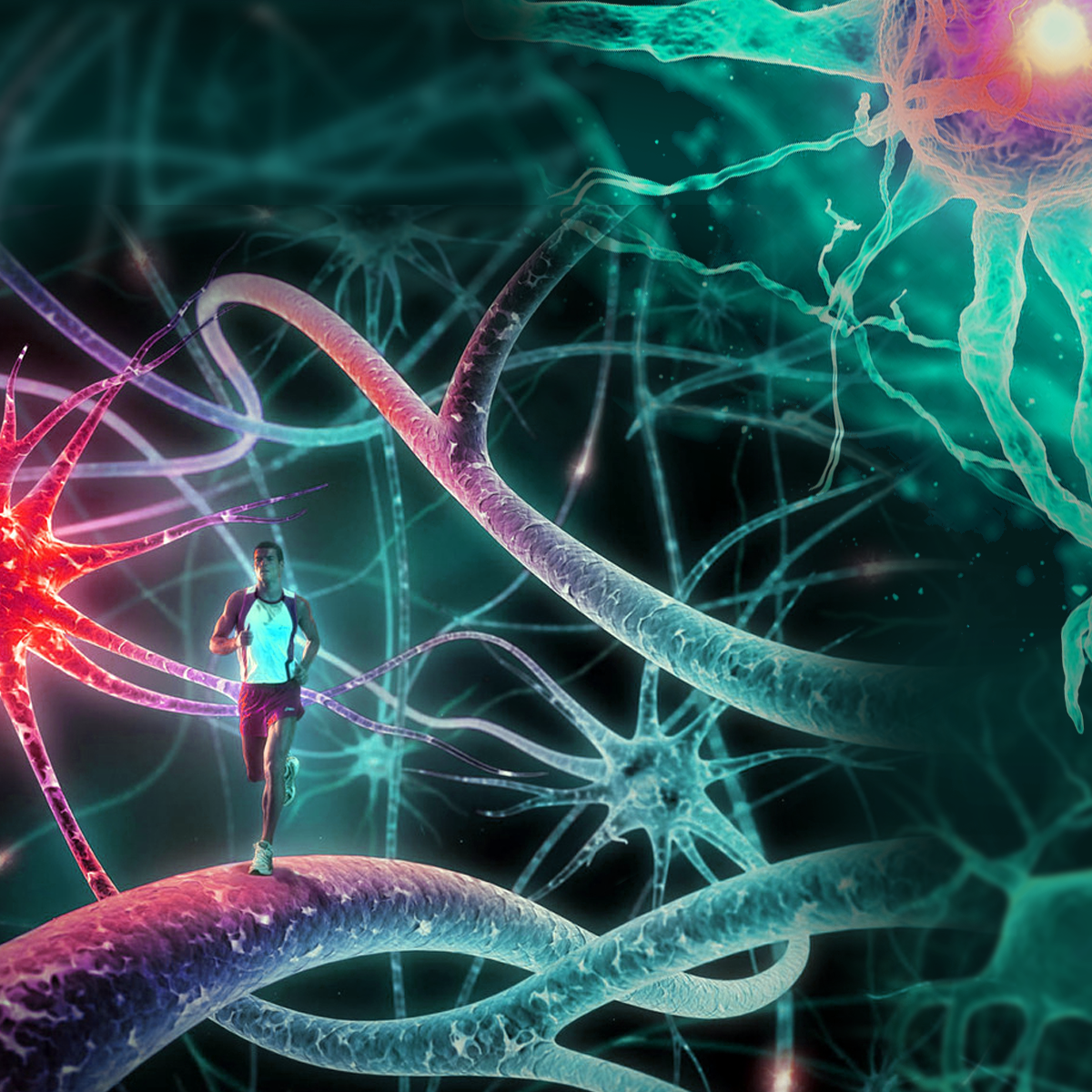

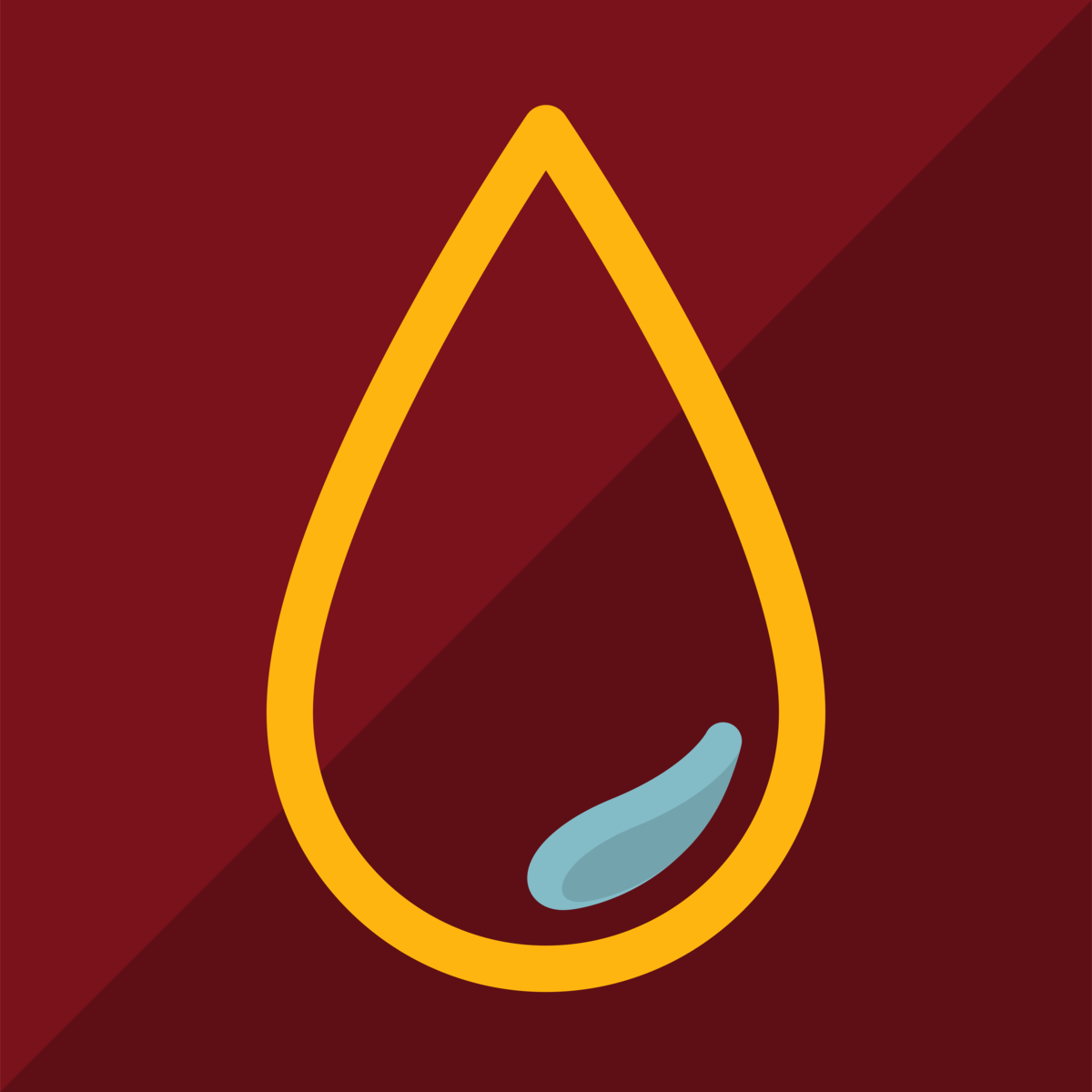


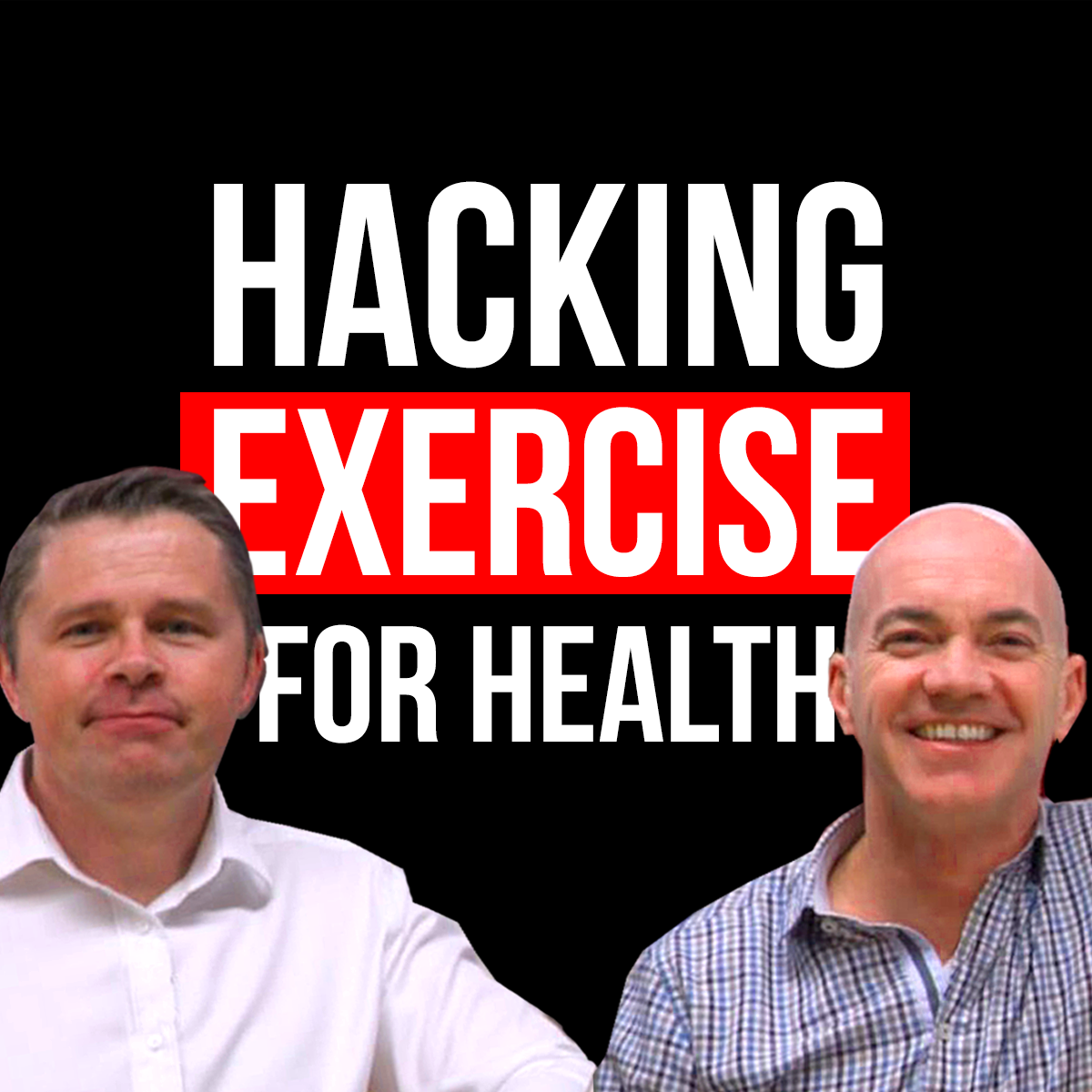
Life Sciences Courses - Page 64
Showing results 631-640 of 644

Paleontology: Ancient Marine Reptiles
Paleontology: Ancient Marine Reptiles is a four-lesson course teaching a comprehensive overview of the evolutionary changes that occur when air-breathing terrestrial animals return to water. This course examines the diversity, adaptations, convergence, and phylogenetic relationships of extinct marine reptiles. Students will explore three major groups of marine reptiles: ichthyosaurs, plesiosaurs, and mosasaurs. Watch a preview of the course here: https://uofa.ualberta.ca/courses/paleontology-marine-reptiles

Developing the SIR Model
Compartmental modelling is a cornerstone of mathematical modelling of infectious diseases and this course will introduce some of the basic concepts in building compartmental models, including how to interpret and represent rates, durations and proportions. You'll learn to place the mathematics to one side and concentrate on gaining intuition into the behaviour of a simple epidemic, and be introduced to further basic concepts of infectious disease epidemiology, such as the basic reproduction number (R0) and its implications for infectious disease dynamics. To express the mathematical underpinnings of the basic drivers that you study, you'll use the simple SIR model, which, in turn, will help you examine different scenarios for reproduction numbers. Susceptibility to infection is the fuel for an infectious disease, so understanding the dynamics of susceptibility can offer important insights into epidemic dynamics, as well as priorities for control.

Healthy Aging and the Future of Cannabis Research
This Healthy Aging and Future of Cannabis Research course is designed to have you think critically about the health effects of cannabis (i.e., marijuana) in the context of inflammation, exercise, and aging. You'll learn how inflammation and the microbiome may be related to the disorders discussed in class, and how cannabis may influence these disorders through modulating inflammation. We'll describe the relationship between the endocannabinoid system and exercise, and how cannabinoids may affect exercise performance and recovery. You'll learn how to identify key features of aging and how cannabinoids may influence the aging process. Obtaining this knowledge will be helpful in terms of informing public policy, public health, and personal decisions regarding the use of cannabis products.

Python for Genomic Data Science
This class provides an introduction to the Python programming language and the iPython notebook. This is the third course in the Genomic Big Data Science Specialization from Johns Hopkins University.

Advanced Neurobiology II
Hello everyone! Welcome to advanced neurobiology!
Neuroscience is a wonderful branch of science on how our brain perceives the external world, how our brain thinks, how our brain responds to the outside of the world, and how during disease or aging the neuronal connections deteriorate. We’re trying to understand the molecular, cellular nature and the circuitry arrangement of how nervous system works.
Through this course, you'll have a comprehensive understanding of basic neuroanatomy, electral signal transduction, movement and several diseases in the nervous system.
This advanced neurobiology course is composed of 2 parts (Advanced neurobiology I and Advanced neurobiology Il). They are related to each other on the content but not on scoring or certification, so you can choose either or both. It’s recommended that you take them sequentially and it’s great if you’ve already acquired a basic understanding of biology.
Thank you for joining us!

Life 101: Mental and Physical Self-Care
This course will cover various topics that would teach students healthy lifestyle choices, the importance of mental and physical health and self-care. For each topic, an evidence-based lecture that would include scientific evidence will be presented and then students will be provided practical methods to practice what they have learned from the lectures. One of the main goals of this course is to inspire students to adopt a healthy lifestyle.
Considering that stress levels and poor lifestyle choices in college students are increasing at an alarmingly fast pace, this course may serve as an effective educational tool to teach healthy lifestyle choices, promote students’ well-being and help them to recognize and manage their stress. The course is taught through a combination of lectures, multimedia videos, workshops and group discussions that would foster active learning. This course will encourage, challenge, motivate, and inspire students to make positive changes in their lifestyle and the way they interact with others and their environment.

Aromatherapy: Clinical Use of Essential Oils
This course provides an overview of essential oil therapy and current aromatherapy practices in clinical settings and gives you the skills to bring aromatherapy into your own practice. By the end of the course, you will be able to: a) explain what essential oils are to a patient and how they work; b) assess if an essential oil might be beneficial to a patient, considering patient preference and the research evidence, as well as any safety issues or contraindications; and c) suggest a protocol for use in a clinical setting.
Continuing Education Credits
This course has been designed to meet Minnesota Board of Nursing continuing education requirements for 15 contact hours and may be eligible for CE credit from other professional boards that allow self-documenting of continuing education activities. It is your responsibility to check with your regulatory board to confirm this course meets your local requirements and, if necessary, to provide them with the certificate of completion you get if you pay for and fulfill all the requirements of this course.

Introduction to Social Determinants of Health
This first of five courses introduces students to the social determinants of health, and provides an overview of the definitions and theoretical perspectives that will form the foundation of this specialization. The topics of this course include:
1. Introduction to the Social Determinants of Health
2. Theoretical Perspectives and Knowledge Complexity
3. Data Driven Collective Impact
4. Minority Stress Theory
5. Data Applications: Frequency Analysis and Bar Chart Visualization

The Social Dimensions of Antimicrobial Resistance
Sonar-Global is a collaborative work to mobilize social sciences against infectious threats. It is a sustainable international network to strengthen the active participation of the social sciences in the prevention and response to infectious threats, including those posed by antimicrobial resistance (AMR) and vaccine hesitancy.
The Sonar-Global's Social Dimensions of Antimicrobial Resistance MOOC is an independent course for non-social scientists who want to know more about the social dimensions of AMR. Furthermore, the course is also the basis for the OPERATE-SOC AMR curriculum, which is a curriculum developed for trainers who need to provide interdisciplinary training about the social dimensions of antimicrobial resistance to non-social scientists. This MOOC includes lectures on important social science dimensions by 19 social science experts in the field of AMR, and it has been fully developed by social scientists.
The training objectives of this MOOC are:
• To provide a guided introduction to the social dimensions of AMR
• To learn about the relevance of social science perspectives and approaches in the study of AMR
• To get introduced to the need for interdisciplinary collaboration with social scientists when working on AMR
• To serve as a basis for the Sonar-Global OPERATE-SOC curriculum
For more information, please visit the website: www.sonar-global.eu

Hacking Exercise For Health. The surprising new science of fitness.
Renowned exercise physiologists Martin Gibala and Stuart Phillips of McMaster University teach the surprising new science of cardio fitness and strength-building—and then provide you with hacks to get fit and strong (and healthy!) in less time than you ever thought possible. What’s the right mix of exercise between cardio and strength? How do you know if you’re working out hard enough? What’s better, heavy or light weights? These questions and more are addressed through a course designed to provide even the most inexperienced of exercisers the tools you need to design time-efficient workouts that can be done virtually anywhere, from your own home to a city park or even at your workplace.
Marty and Stu are good friends and colleagues who just happen to be two of the world’s most passionate scholars in the science of fitness. They aim to entertain you while they’re describing the relationship between exercise and health. Marty is a pioneer in the field of interval training, the technique of varying your workout intensity to get fit faster than anyone ever thought possible. Stu’s studies proved that lifting lighter weights can be a highly effective strength-building technique—plus he’s a leading expert in dietary protein and muscle.
In Hacking Exercise for Health, you’ll follow Marty and Stu as they teach you the basics about the way your body boosts its fitness and strength. Next, they’ll apply that theory, providing you with a series of do-anywhere workouts and, most importantly, teaching you what you need to know to design your own sessions. Filled with inspirational practical tips, fun quizzes, interactive community participation and assignments designed to help you remember your lessons, Hacking Exercise for Health will give you the tools and techniques to incorporate exercise into your life, no matter how busy you are.
